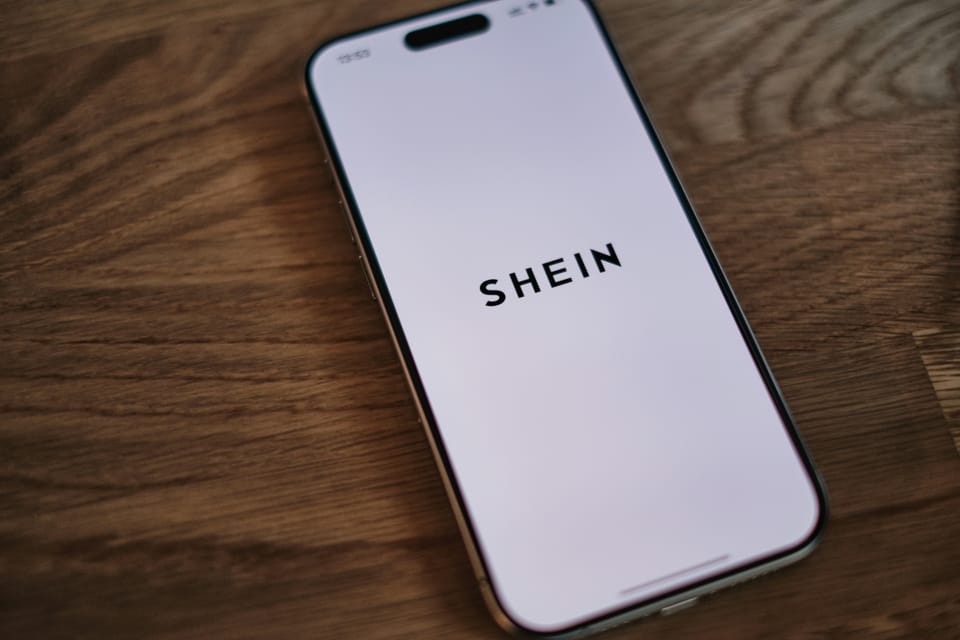Shein strengthens supplier termination policy after uncovering cases of child labour

Chinese fast fashion company Shein has revealed that it changed its supplier termination policy last year shortly after uncovering two cases of child labour in its supply chain.
The e-commerce giant now immediately terminates suppliers that commit severe violations of its ethics code – including those using forced or child labour – instead of offering them 30 days for remediation.
The change happened in October 2023, after supplier audits found two cases of child labour in Shein’s supply chain between Q1 and Q3 2023. Upon discovering the violation, the company suspended orders from the manufacturers and started investigations, while giving the suppliers 30 days to remediate their offences – Shein’s policy at the time.
The online retailer explains in its latest sustainability report that “both cases were resolved swiftly”, after which the manufacturers were allowed to resume business. Remediation steps included terminating contracts with underage employees, ensuring the payment of any outstanding wages, arranging medical checkups and facilitating repatriation to parents or legal guardians as needed.
But shortly after that – and in the midst of growing scrutiny from consumers and governments – Shein changed its policy to immediate supplier termination for cases of child or forced labour, as well as ethics and transparency issues including bribery and refusal to cooperate with audits.
For other serious violations, such as failure to pay minimum wage, workplace health and safety issues and serious environmental pollution, Shein now gives suppliers 30 days to remediate the issue, failing which they are remediated. Prior to October 2023, such violations were treated with a warning letter after 30 days, suspended orders after 60 days and termination only in cases where the violation was not remediated within 90 days.
The company conducted responsible sourcing audits on 2,796 contract manufacturers that represent about 95% of Shein-branded products by procurement value in 2023.
Shein sustainability and human rights controversies
The Chinese conglomerate, known for its cheap clothes and youthful social media strategy, has been under increased scrutiny in recent years. Among other things, Shein has been accused of copying small designers’ work, violating labour laws and selling clothes riddled with toxic chemicals.
In 2023, the company paid for an influencer trip to one of its factories in a bid to improve its reputation – but instead faced massive backlash for what many perceived as an attempt to change its image without remediating actual issues.
Shein, which generated record profits of US$2 billion in 2023, with total sales of about U$45 billion, unsuccessfully sought approval for an IPO on the New York Stock Exchange for about a year, and has now applied to be listed on the London Stock Exchange.
The process of becoming a listed company in these countries has raised the stakes around Shein’s transparency, sustainability and human rights practices.
Shein climate targets and performance
On the environmental side, Shein has set targets to reduce our greenhouse gas emissions across all scopes by 25% by 2030 and reach net-zero emissions by 2050, “in line with the Science Based Targets initiative (SBTi) Net-Zero Standard” – though it has not officially committed to getting these goals approved by the SBTi.
The company also aims to use electricity only from renewable sources for its own operations by 2030 and transition to more sustainable materials for its products and packaging.
Shein reported a carbon footprint of about 16.7 million tonnes in 2023, up from 9.2 million tonnes in 2022 – a more than 80% year-on-year increase. It has set 2023 as its base year for climate targets.







Member discussion